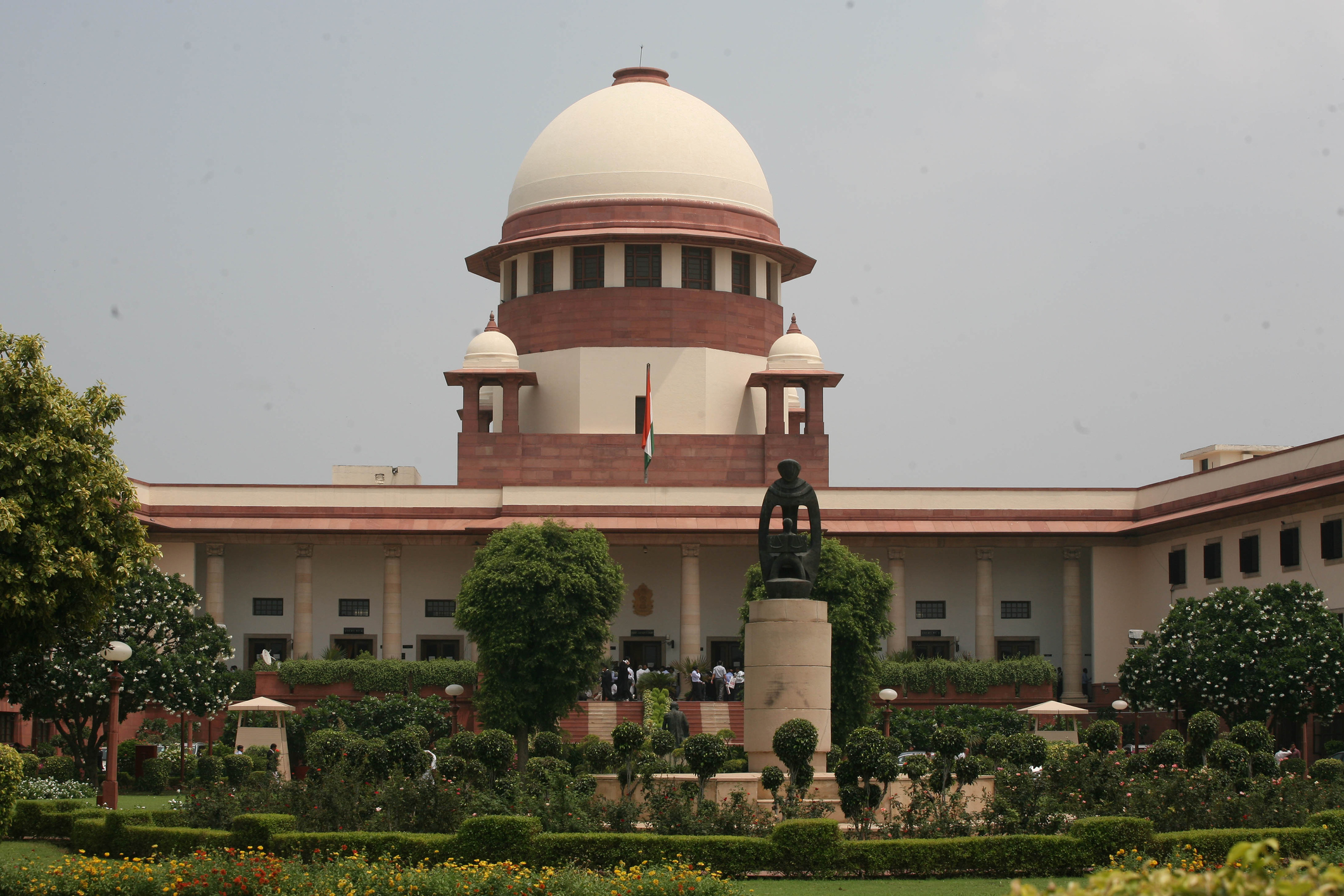The Supreme Court on Wednesday decided to examine the legal challenge against the Centre's decision to abrogate special status to Jammu and Kashmir under Article 370 and referred the matter to a five-judge Constitution bench.
The apex court issued notices to the Centre and the Jammu and Kashmir administration on a batch of pleas challenging the Presidential order by which this change was brought.
A bench headed by Chief Justice Ranjan Gogoi was not in agreement with the Centre that there was no need for issuance of a notice as attorney-general K.K. Venugopal and solicitor-general were present in the court.
'We will refer the matter to a five-judge Constitution bench,” the bench that also had Justices S.A. Bobde and S.A. Nazeer said, while not accepting the argument that issuing a notice would have a 'cross-border repercussion'.
The attorney-general said that whatever is being said by this court is sent before the United Nations.
As the counsel appearing for both sides were involved in arguments and counter-arguments, the bench said: 'We know what to do, we have passed the order, we are not going to change.”
The bench also sought responses from the Centre and the Jammu and Kashmir administration on a plea seeking removal of restrictions imposed on journalists.
The notices were in response to the plea by Anuradha Bhasin, the executive editor of Kashmir Times. The court asked the Centre and the Jammu and Kashmir administration to respond within seven days.
Bhasin’s plea sought directions for restoration of all modes of communication, including mobile Internet and landline services, throughout the state in order to provide an enabling environment for media to practise its profession.
The court on Wednesday also allowed CPM general secretary Sitaram Yechury to visit Jammu and Kashmir to meet his party colleague and former MLA Mohammed Yusuf Tarigami.
The bench, however, directed Yechury to only meet Tarigami and not use the visit for any political purpose.
The bench said if Yechury indulges in any political activity, authorities are free to report them to the apex court.
The court also allowed a law student from Jamia Millia Islamia University to visit his parents in Anantnag and asked the police to provide him security.
The top court asked the student, Mohd Aleem Syed, to file an affidavit after visiting his parents.
The bench asked the police to provide him security and facilitate his visit to the family.
The bench told senior advocate Sanjay Hegde that if the Jamia student wanted to travel to Anantnag on Thursday then the court order will be made available to him in one hour.
Syed, in his plea filed through advocate Mrigank Prabhakar, said he is a permanent resident of Anantnag and since August 4-5, he has not received any information about his parents.
Syed said he suspects that his parents have been detained in Kashmir as he was not able to contact them by any means.
He had submitted in his plea that there is a complete shutdown of Internet and phone services since the issuance of the Presidential order and passage of Jammu and Kashmir (Reorganization) bill, 2019.
He contended that this information blackout and restrictions on movement of people is violative of fundamental rights granted under the Constitution.
Written with PTI inputs










